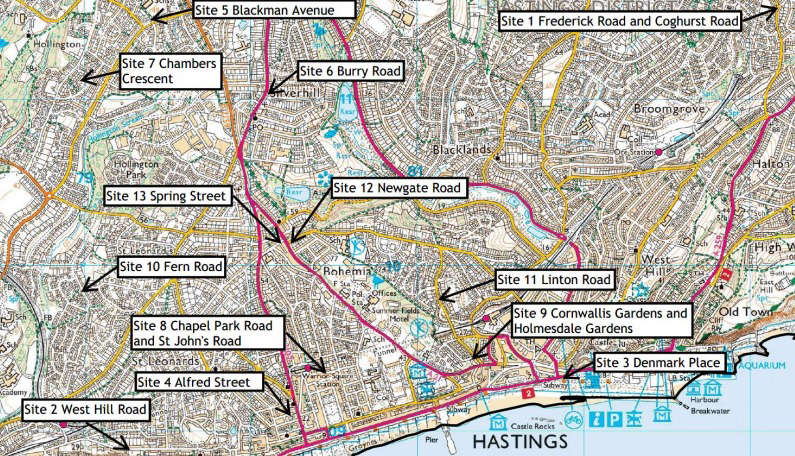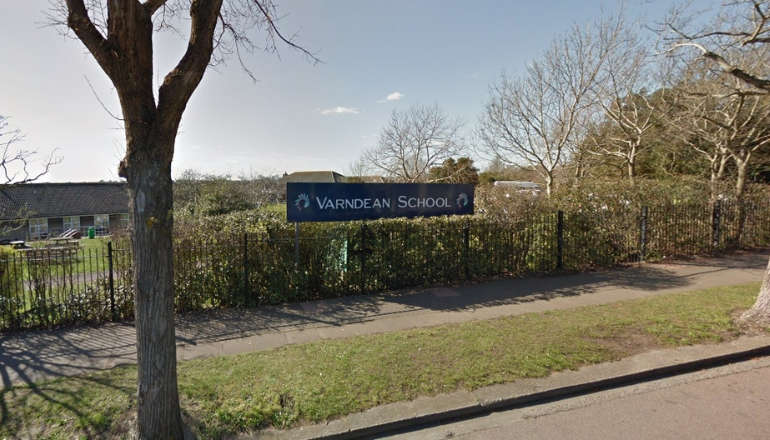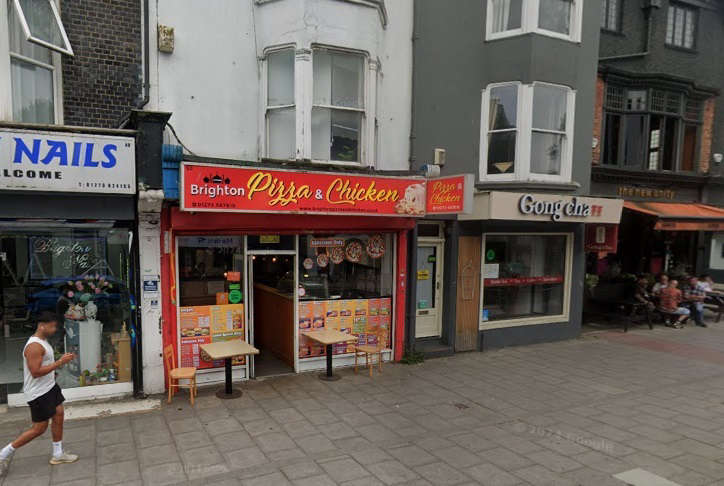
Brighton and Hove City Council looks like being millions of pounds worse off because of the increase in employer national insurance contributions from April.
Councils were expecting to be no worse off as a result of the rise from 13.8 per cent to 15 per cent – announced in the budget in the autumn.
The threshold is also being cut so that employers will have to start paying national insurance at the higher rate on annual wages of more than £5,000 rather than £9,100.
The rise was forecast to add at least £4 million to Brighton and Hove City Council’s “general fund” wage bill from April, with the government providing funding to help cushion the rise.
But Brighton and Hove City Council’s finance chief Nigel Manvell said that support provided by the government would cover only about 60 per cent of the £4 million increase in employer contributions.
And once contractors and suppliers were taken into account, this would put even more pressure on the council’s finances.
The issue arose at a meeting of the Brighton and Hove Schools Forum as the council’s chief finance officer Nigel Manvell briefed heads, governors and other senior officials.
Mr Manvell said that the increase in employer national insurance contributions may not be factored into next year’s budgets, with the position for schools currently unclear.
Aaron Barnard, from the Aldridge Education Trust, which runs two secondaries in Brighton and Hove, had asked about the effect of the national insurance rise on school budgets.
Mr Barnard said that a catering contractor had already written to the trust that runs BACA and PACA to say that it would be affected by increases in the national minimum wage and employer national insurance.
He acknowledged a “loose commitment” from the Department for Education to fund the increase from 13.8 per cent to 15 per cent.
But he added:
“There are going to be so many knock-on additions for contractors and services which I don’t think have been considered for the impact on school budgets.”
The council had a £243 million budget for schools and education in the current financial year, with most of it funded by the dedicated schools grant of £205 million from the government.
Mr Manvell said:
“The one that worries me the most is for adult social care providers because it’s not just national insurance. The national living wage has gone up by 6.7 per cent and we are national living wage payers primarily.
“We will have to work really hard on that. They are able to balance their costs with self-funding residents in homes but other suppliers do not have that choice.”
Mr Manvell said that the increasing cost of adult social care was one of the biggest challenges for the council’s budget, with an £8.7 million pressure on spending predicted for the 2025-26 financial year.
In the current financial year, the council budgeted to spend £189 million on adult social care.
Details of the council’s budget for the coming financial year are due to be published next week before they are considered at two scrutiny committee meetings on Friday 7 February.


 Prolific Worthing Shoplifter Convicted Following Latest Crime Spree
Prolific Worthing Shoplifter Convicted Following Latest Crime Spree
 West Sussex County Council supports community art project for Worthing railway station approach
West Sussex County Council supports community art project for Worthing railway station approach
 NHS Sussex Supports New National Breast Screening Campaign During Cancer Prevention Action Week
NHS Sussex Supports New National Breast Screening Campaign During Cancer Prevention Action Week
 Brighton And Haywards Heath Hospitals Set To Benefit From Major AI Investment
Brighton And Haywards Heath Hospitals Set To Benefit From Major AI Investment
 Hastings And St Leonards Councillors Agree New Parking Restrictions
Hastings And St Leonards Councillors Agree New Parking Restrictions
 Brighton And Hove Parent Support Group Disappointed By Final Proposals
Brighton And Hove Parent Support Group Disappointed By Final Proposals
 Popular Brighton And Hove Primary School Head Pleased By Increase In Admissions
Popular Brighton And Hove Primary School Head Pleased By Increase In Admissions
 Brighton Takeaway Granted Late-Night Refreshment Licence Despite Objections
Brighton Takeaway Granted Late-Night Refreshment Licence Despite Objections
 University Of Brighton And Sussex Wildlife Trust Unite To Protect Chalk Grassland
University Of Brighton And Sussex Wildlife Trust Unite To Protect Chalk Grassland
 20 Years Jail For Drug-Dealers Linked To EncroChat Operation
20 Years Jail For Drug-Dealers Linked To EncroChat Operation
Comments
Add a comment